Just like anyone else, anglers are shaped by our past experiences, both good and bad, and no one understands this more than Phillip Kauffman. He’s experienced trauma both as a civilian and a veteran, and they’re memories that he takes with him every time he heads to the river. But, as we cover in our conversation, he takes them to the river not as an escape, but as a way to find a new perspective in life:
“There's so much that goes into it—whether it's a stream running across your waders, the rhythm of casting, trying to outsmart the trout, or thinking about how your fly's drifting through a seam. But, none of this was a stressful thing; I didn't have to figure it out. It was just something I was mentally engaged with,” Phillip told us.
As the founder of Bull Mountain Guides, Phillip is dedicated to sharing the perspective he’s found on the river. The sport helped him out of a very dark place in life, and he believes it can do the same for others who are in the same position. In our conversation, we talk about the journey that led him into guiding and the life-changing events he’s encountered along the way.

__
Moonshine: To start, tell us a little bit about yourself.
Phillip Kauffman: I grew up in a very rural area of Virginia. We still have the Tastee-Freez, but that's about the most exciting thing about it, that and the grocery store [laughs]. I joined the Marine Reserves when I was 20 in 2004, which at the time didn't matter; you were going overseas either way. We deployed in 2005, and then again in 2008. I was injured on the second deployment in a Humvee rollover.
They sent me to Germany and I was there for about two weeks. From Germany, I went over to Bethesda Naval Hospital in Maryland where they replaced three discs in my neck. At the time, the actual synthetic disc surgery was very new in the States, so I was a little nervous it was going to get fused, but they were actually able to replace it. I've got a full range of motion and full recovery since the replacement.
Is that why you left the military?
Actually, after that surgery and everything, I spent about another year on active duty, stationed out of Roanoke. And then in 2016, my wife was in a fatal car accident. When she passed away, I hung up all of my gear. It was tough enough trying to balance Reserve life and civilian life. I figured 13 years is good enough, and I got out on a hardship discharge.
During that time, I ran into a guy named John and I'll never forget it. I stopped at a gas station to get a cup of coffee, a candy bar, a can of snuff, I think, and he comes walking over.
He asked, "Hey, you're in the military?"
I said, "I was, but I'm out now."
Then, he asked, "Were you overseas?"
And I said, "Yeah."
He asked, "Were you injured?"
And at this point, I was thinking, "Who the hell are you? Why do you know all this stuff?"
But, he introduced himself and said he was with Project Healing Waters. I'd never even heard anything about it. I’d never really even been fly fishing. We got to kind of chatting there and I kind of blew it off. I had too many other things going on, but he reached out to me the next week and he invited me to join him on the river, just to go fishing for a day.
It was January and it was kind of icy. I went out in the snow, the ice, and it cleared up by nine o'clock in the morning. I met him on the river and we fished a private section of Mossy Creek in Bridgewater. That was the start of something great. I had no idea what was ahead of me, but it was a blast.

In what way?
Some of it was fishing. Some of it was just sitting on the riverbank and talking. It really pulled me out of a very dark place. I had so much going on mentally and it really did help a lot. We talked throughout that day about fly tying and fly fishing. I participated with Healing Waters for about a year and it definitely did change my life. It probably saved my life. When I saw what an impact fly fishing had on me, I quit my full-time job, which was a nine-to-five office job with a good salary, and packed my bags and went out to Bozeman, Montana, to go to guide school. I’ve been guiding ever since.
What about fly fishing was so helpful for you during those hard times?
I was able to mentally remove myself from all the stress and stuff that I had going on at the time. I was able to turn that switch off and actually concentrate on myself and the fishing throughout the day. And it was the first time that I'd done that since my wife had passed away.
After that day on the river, I couldn’t stop reading about fly fishing. I stumbled across an article about fly fishing and mental health and how there's so much that goes into it—whether it's a stream running across your waders, the rhythm of casting, trying to outsmart the trout, or thinking about how your fly's drifting through a seam. But, none of this was a stressful thing; I didn't have to figure it out. It was just something I was mentally engaged with.
And you didn’t have any fly-fishing experience before then?
No, not really. My grandfather had a fly rod that he never used much and I actually still have it; it's up on the wall in my office. I'd play around with some poppers or something like that on the pond, and it was fun, but I still had the spin-casting mentality about it. I'm trying to heave that thing and I'm stuck in bushes and everything else, catching maybe one fish every now and then.
For some reason, this time it just really grabbed me. Things were just falling into place and it felt like something that I needed to do. I'm also an avid hunter, but it was different than hunting. I wasn't sitting in a tree stand with just my thoughts. I've always been outdoors, but this, for some reason, was calming. Even if you only fish for an hour, you're still thinking about it for the rest of the day. Maybe I should have used a different fly. Maybe I wasn't deep enough. Maybe I should’ve gone with the dry fly.
What made you think about taking the leap into professional guiding?
Honestly, it was just about using a hobby to help other vets, whether it's with some of the stresses with PTSD or just the adjustment back to civilian life. I thought this would be an excellent opportunity for me to help some other people out. I had enough money saved away from the GI Bill and I said, "Okay, I can try this for three or four months. If it doesn't work, then I'll go back to my office job."

I'll take somebody fishing and it's almost the same experience for them that I had. We'll fish for a little bit, get the basics down, and then after we catch a fish or two, we're sitting on the river bank and they’ll say something like, "My wife just doesn't understand what I'm going through.” Or, they say, “I'm struggling to get a job." By the end of the day, those conversations change to, "Man, this was awesome. What kind of rod should I get? What kind of reel should I get? How do I start?" And that point, I know I’ve done my job.
It's not really about the fish at that point.
No. To me, fly fishing has very little to do with catching fish.
Do you think you have a unique perspective on the sport because of what you’ve gone through?
I think it gives me two things. First, with other guides or clients I take out, no matter what they're going through, I've probably been through something close to it. And then, I think I have a little bit more appreciation for what I get to do. There are very few people who are really, truly happy with what they're doing. It does shine a whole new perspective because of the fact that I get to fish for a living. I get to be outside. I get to be in the fresh air. There's no internet service. I don't have to worry about social media and what everybody else thinks. That's something I'm very proud I get to do.
What would you say to someone who’s in a dark place, who’s looking for an outlet?
I've gone through the gambit of life and I don't really know what compelled me to use my experience to help others, versus just deciding that life sucks. But, I would say one of the biggest outlooks I have is that there’s always someone who can understand, or who’s gone through something worse.
When we go fly fishing, it gives us the ability to turn off real life because we’re concentrating on what we’re actually doing. You're not forgetting the world, but you're kind of pushing the pause button, doing a little fishing and then you can hit the play button again after you're done, maybe a bit more prepared.
Or, maybe when you’re fishing you’re experiencing real life.
It’s true. It makes you more aware of both spectrums. It makes you more aware of how simple life can be, but it also gives you the ability to examine your own life. If you're going fishing throughout different times of the season, you can see stuff dying off in the winter and then coming back in the spring. It offers a new perspective on what's really going on around you.

__
A huge thanks to Phillip Kauffman for taking the time to speak with us. He’s quickly becoming one of the most sought-after guides in Virginia, and you can learn more about chasing rainbows and brook trout in the beautiful waters on his home state at bullmtnguides.com. And to learn more about the work Project Healing Waters is doing for veterans across the country and how you can be involved, go to projecthealingwaters.org.
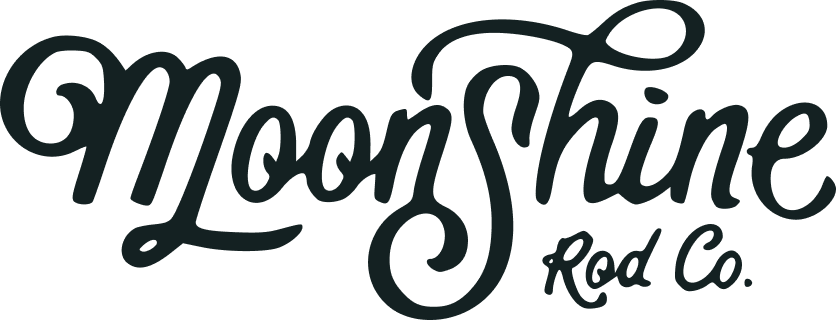
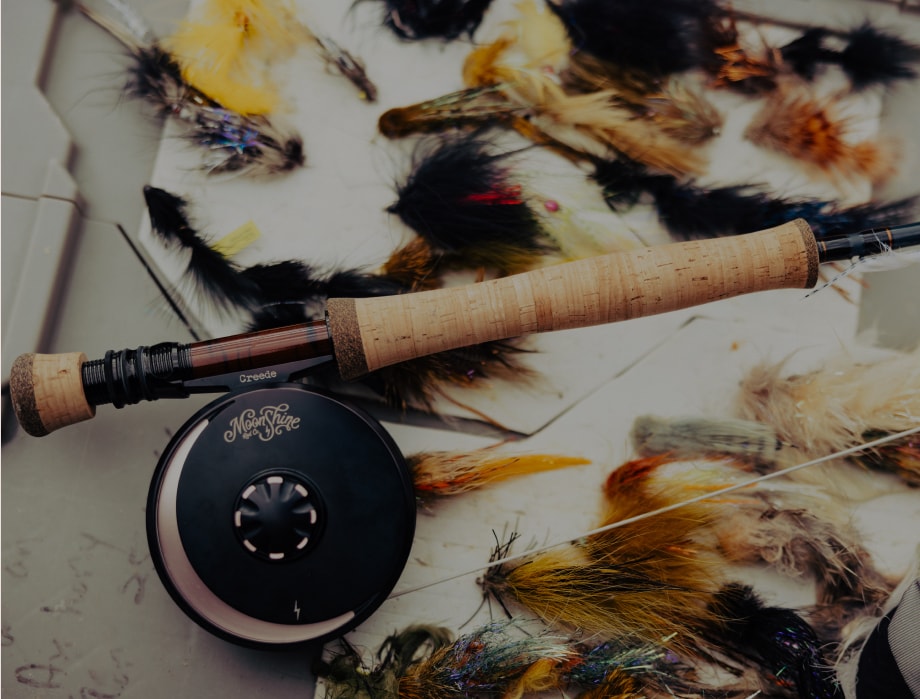
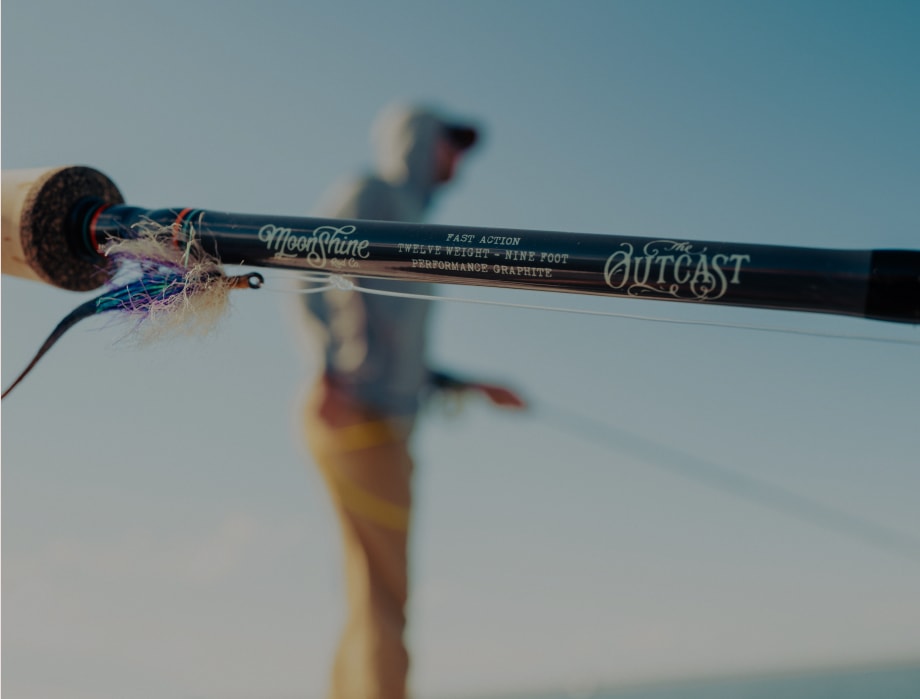
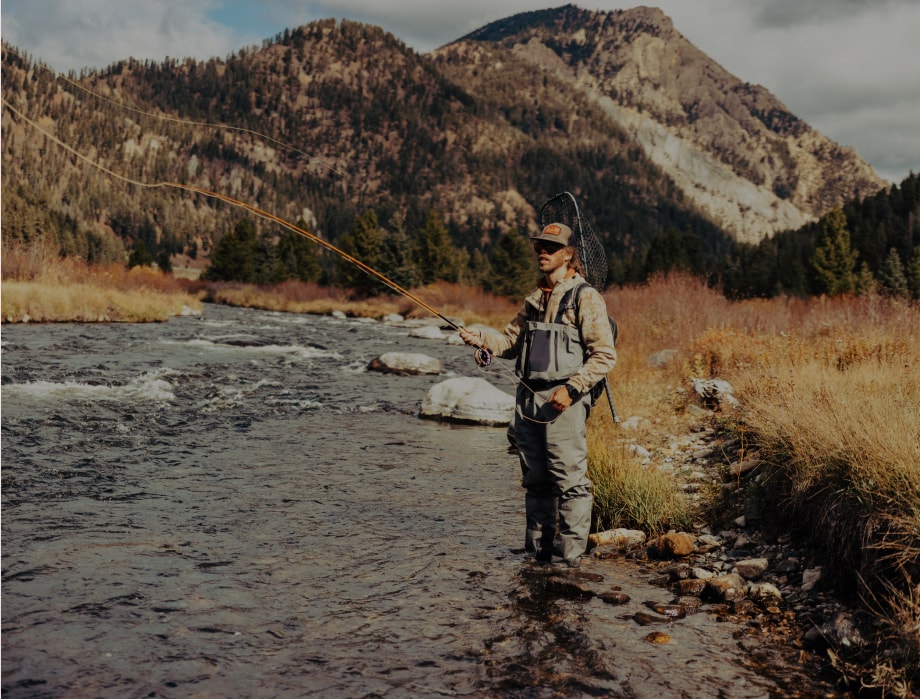
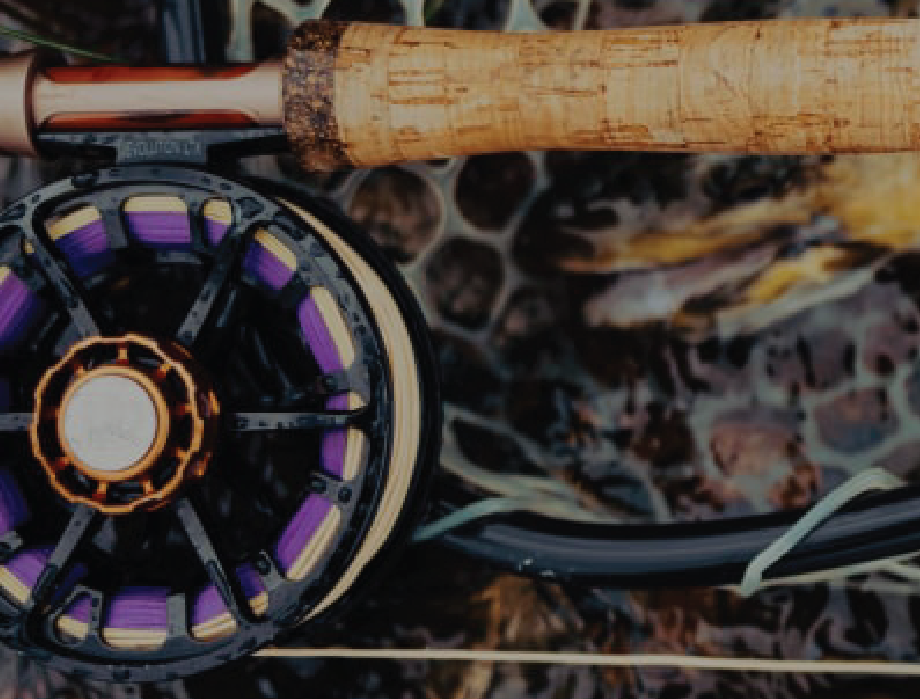
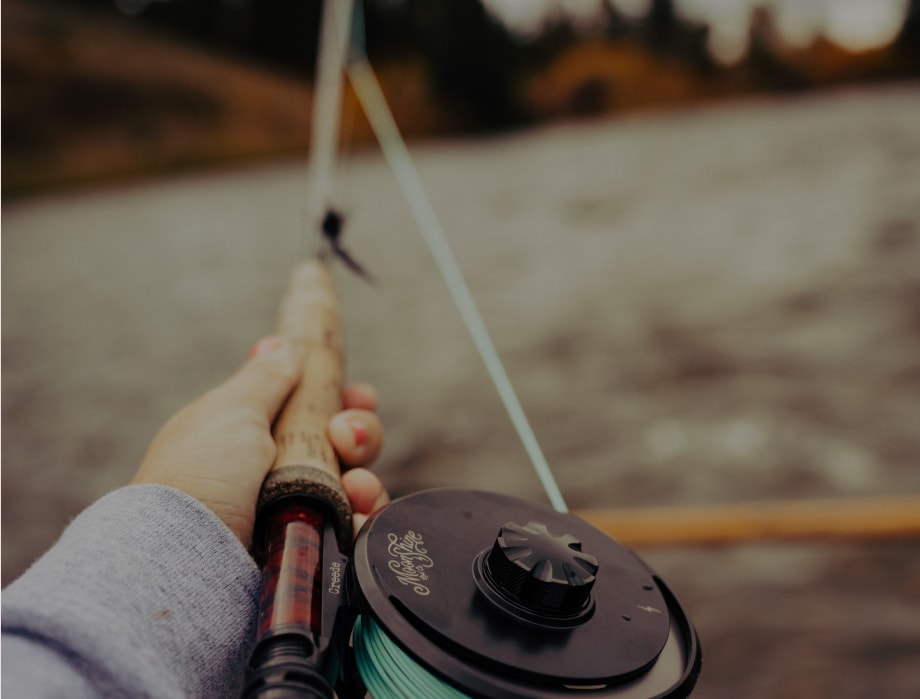
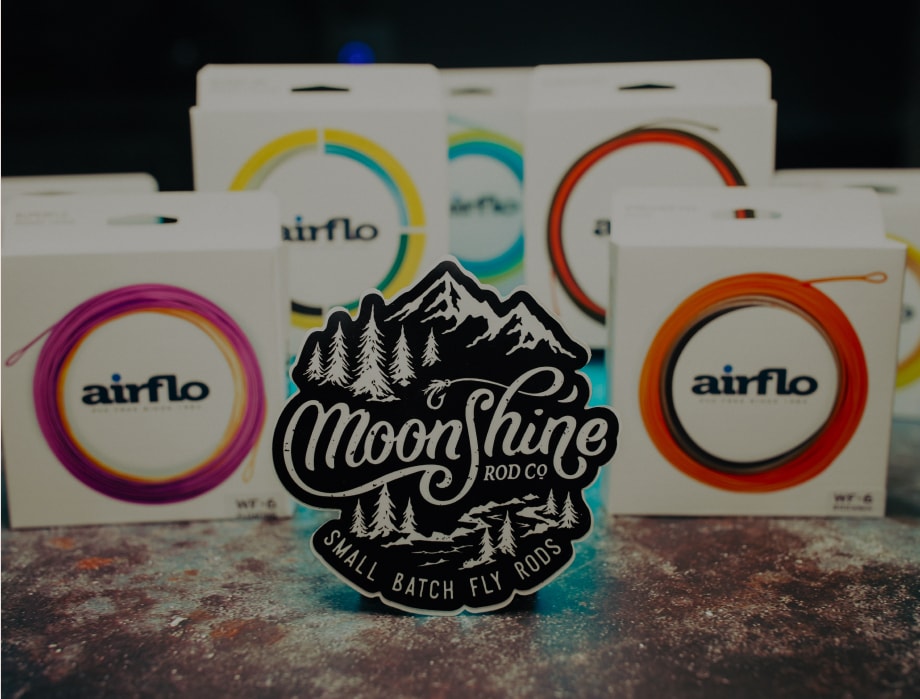
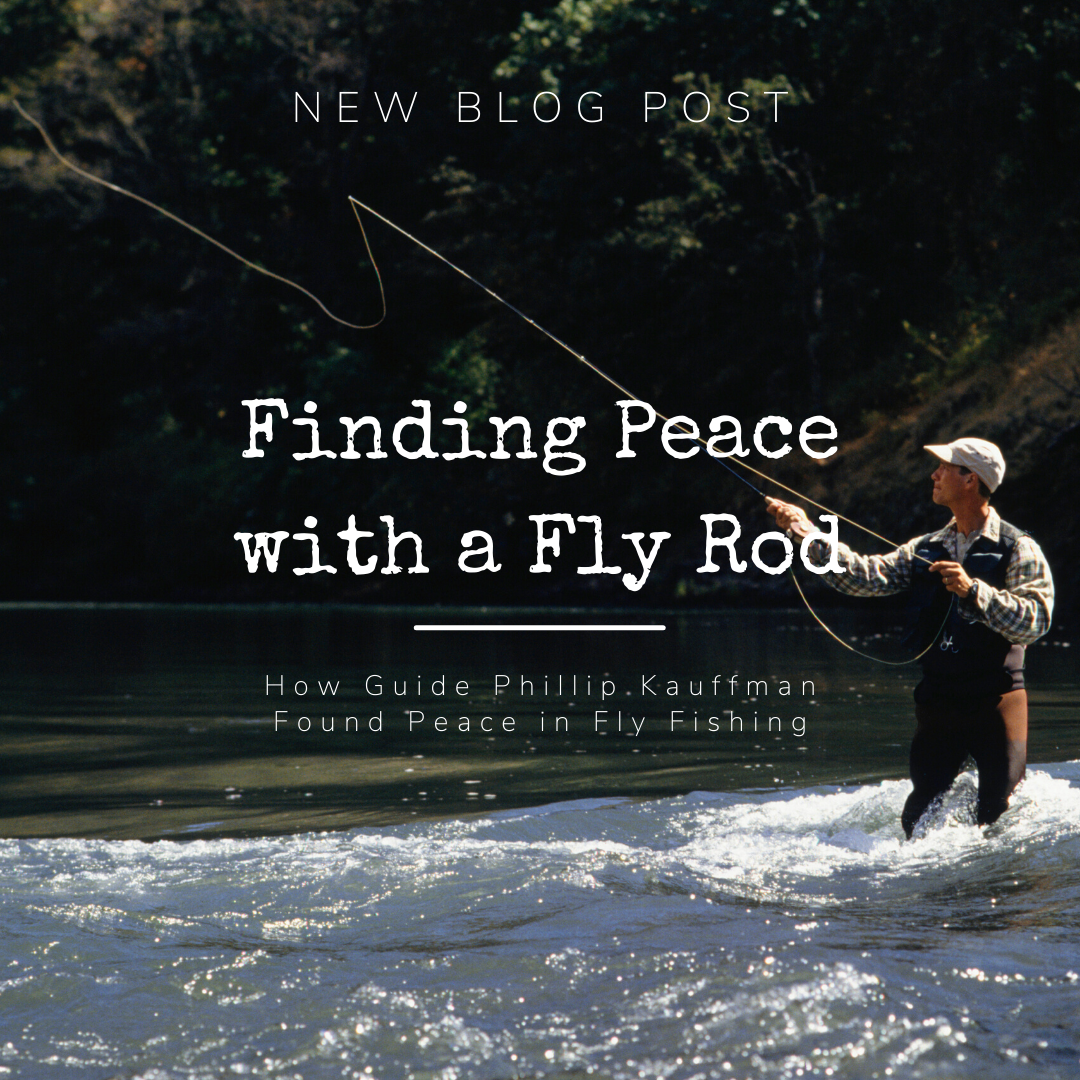
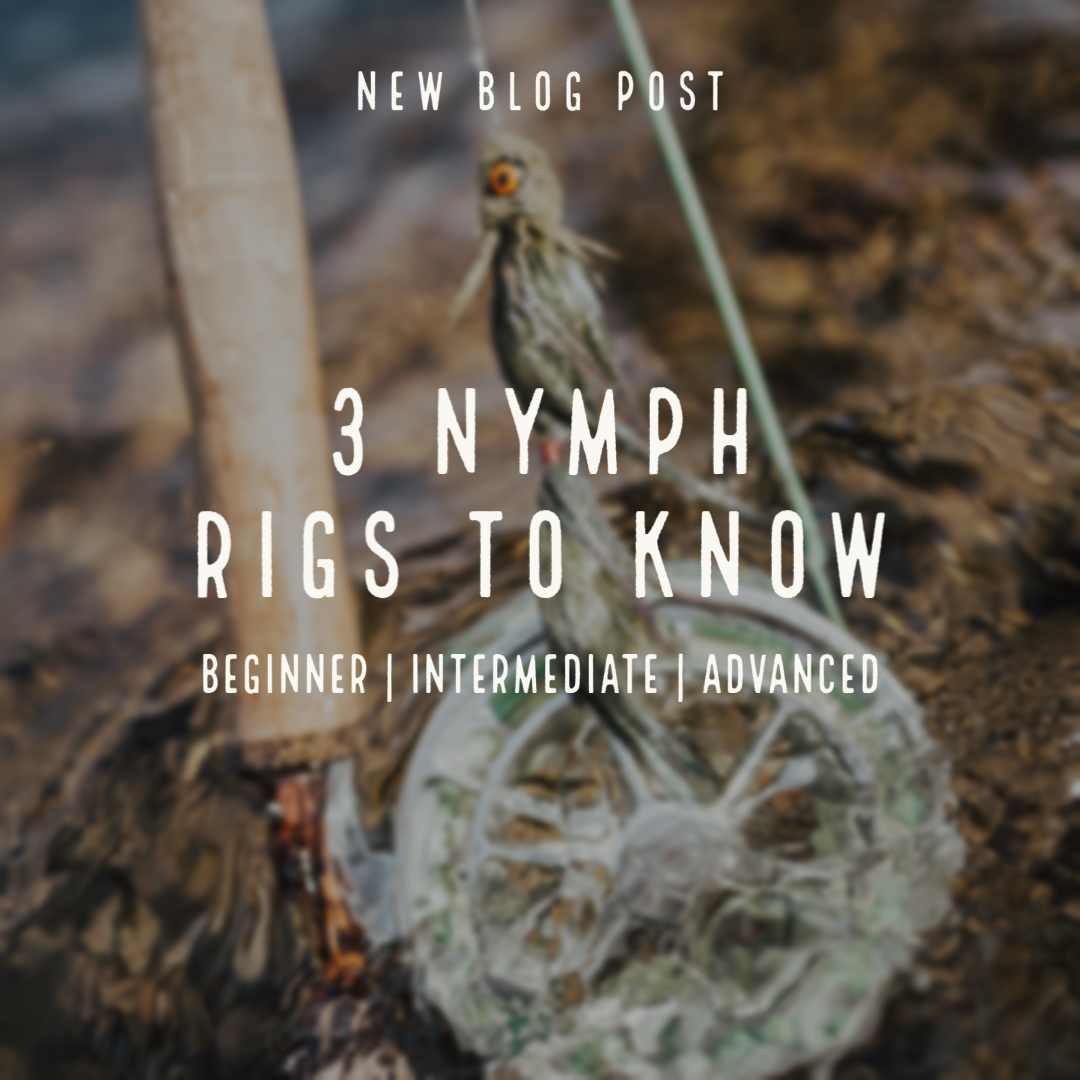
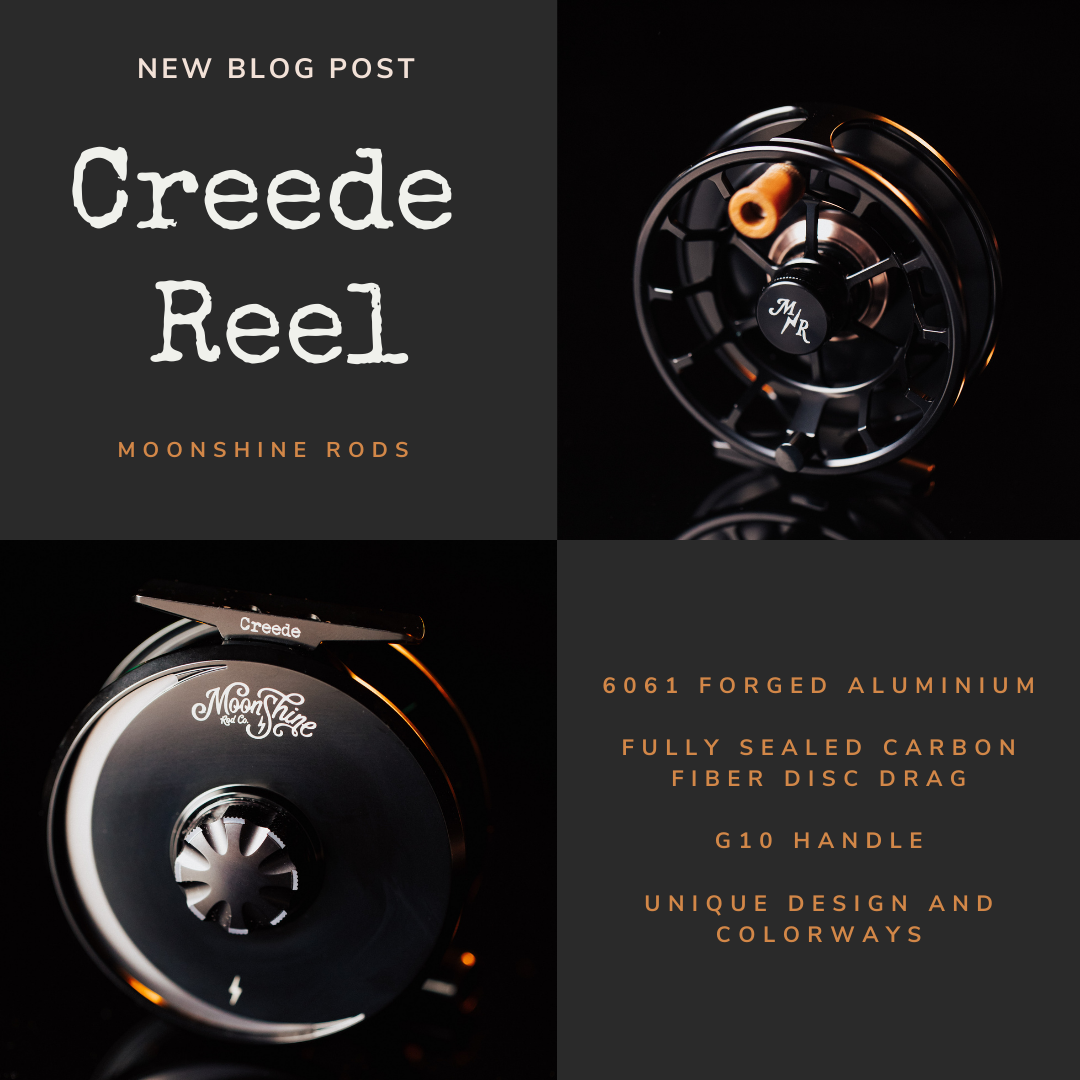
1 comment
Milt Yagel
Phillip is a great person to know. It is “fly fishing” that introduced us to each other in MT. An honest man who understands life’s ebbs and flows… Proud to call him my friend!
Leave a comment
All comments are moderated before being published.
This site is protected by hCaptcha and the hCaptcha Privacy Policy and Terms of Service apply.